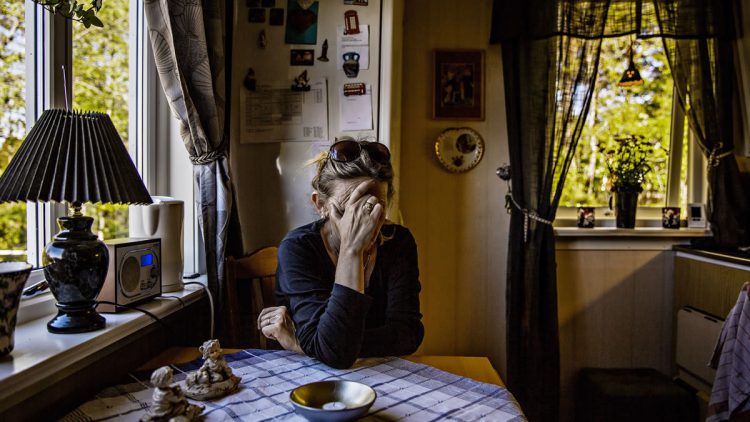
Mothers of ISIS: Protecting Those Left Behind
We <a href="http://www trouver viagra paris.familiesmatter.org.uk/2015/11/20/mothers-seeking-to-understand-pain-and-loss/” target=”_blank”>recently told the stories of mothers of ISIS fighters, whose lives have been shattered after their children fell into the agonising cycle of radicalisation.
Trying to come to terms with the choices of their children has been immensely difficult. The mothers found solace in the similarities between their experiences – including the pain and shock that came with the loss of loved ones.
In the series, originally highlighted in the Huffington Post’s Highline, women from Norway and Belgium also became a part of this network of mothers seeking to understand the causes of radicalisation and working to prevent other families from becoming victims to it.
Torill, mother of Thom Alexander, said she felt “broken, like a vase” when she found out her son had been killed outside Kobani, in Syria.
Torill was first notified by the intelligence services that her son had joined an Oslo-based extremist group, the Prophet’s Umma, and had made his way to the Middle East to join ISIS. Like other fighters, he spent time talking to his mother through social media, and even more disturbingly, tried to convince his sisters to join him. When he was killed, the death affected all of them, particularly the sisters, so they all had to undergo psychological treatment as a result.
What’s interesting about Torill is how similar her story is to others in the network. When her son was just seven years old, his father died from a heroin overdose. He was diagnosed with attention deficit hyperactivity disorder at 14, and as he got older, he started getting involved in petty crime and taking hard drugs. But one day, he discovered religion and changed his life. He converted, quit heroin, got a job and married. Then he started spending his time organising clothing drives for refugees, and his mother, aware of what was happening in Syria, made him promise not to go. But she was unable to stop him when he finally did.
Valerie parted with her daughter Léa in mid-2013. Without her mother’s knowledge she had met an Algerian man at the age of 16 who had radicalised her. On June 5, she hugged and kissed her mother after dinner, left home, and disappeared. Although Valerie thought she had been kidnapped, Léa and her husband had left for Syria.
Léa is one of the few children of this network who is still alive and speaks to her mother on WhatsApp, although in a very detached way, and Valerie feels that she is no longer her child in some ways. Léa ended up giving birth to a baby boy in Syria, and her tone over the messaging platform softened while she took parenting advice from her mother. Valerie is in an unbearable state of suspension: she wants her daughter and grandson home, but the hope is exhausting her, as well as the knowledge of how her daughter has changed.
The mothers are now constantly dealing with media enquiries. They haven’t let go of their children – no mother really can – but they have turned to activism to deal with the pain. They hope to support other parents experiencing the same – and put a stop to similar horrifying risks in the future.
If you’d like to seek help please see our “where to turn” page.
